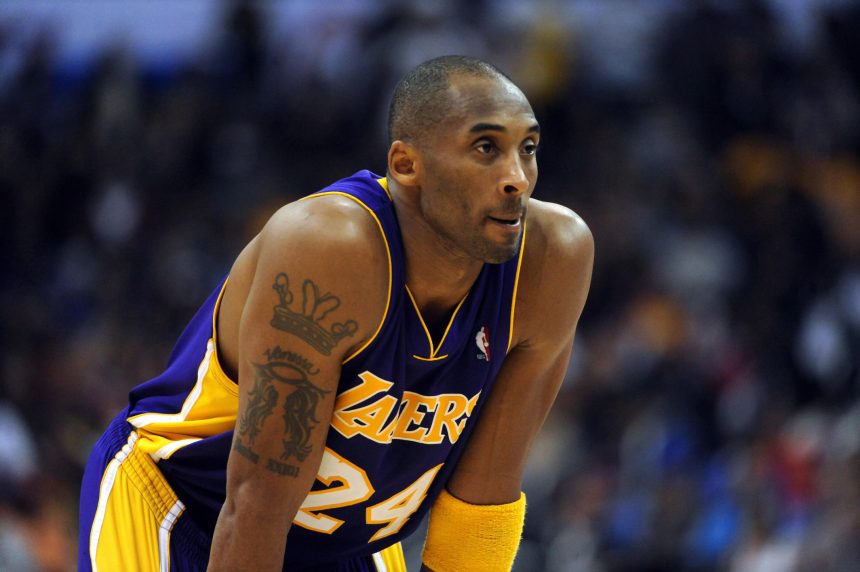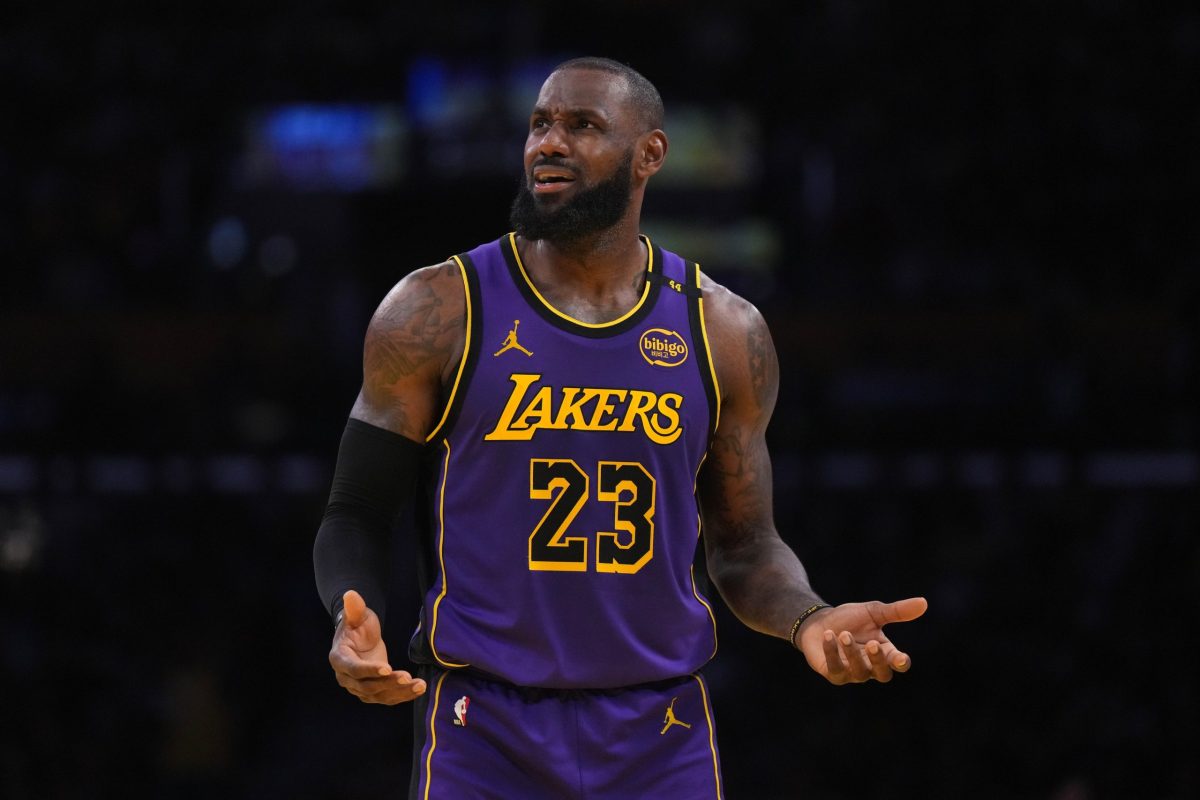Los Angeles Lakers legend Kobe Bryant shared countless lessons with the world during his 41 years on Earth. From the game of basketball to the game of life, he showed that you can win with one team, that it doesn’t matter when you’re drafted, that failure only exists if you say so, that hard work outweighs talent and that we should always strive to be our best selves.
Today, on the fourth anniversary of Bryant’s death, we’re going to take a look at some of the key ideas Bryant taught the world. Of the lessons that follow, some are centered more around the NBA while others are more applicable to everyday life, but you may find that there’s significant crossover.
1. You don’t need to change teams to win
It’s no secret: Bryant spent his entire NBA career with the Lakers. From his debut in 1996 to his final game in 2016, he played every last one of his NBA games (1,346 in the regular season and 220 in the playoffs) with the Purple and Gold.
In today’s NBA, it’s becoming exceptionally rare for players to spend their entire careers with one team. Whether it’s due to organizational dysfunction, financial factors or other appealing opportunities, players in this era aren’t shy about changing teams.
And make no mistake — Bryant wasn’t always thrilled about his situation with the Lakers, with the Hall of Famer looking to leave on multiple occasions. But he ultimately stuck around, and the end result was a one-team, five-championship legacy. It can be done.
2. It doesn’t matter where you’re drafted
Bryant may have been a first-round pick in 1996, but 12 other players were selected ahead of him before he came off the board at No. 13 overall. In retrospect, none of the players that were selected before Bryant should have been, even if Allen Iverson (the No. 1 overall pick) put together a phenomenal career.
Conversations surrounding the NBA draft each year often get reduced to a few players — the perceived jewels of the draft. Sometimes, the event is even referred to as a “one-player draft” or “two-player draft” in years where the top prospects seem so far apart from the rest of the pack.
But at the end of the day, all you need is an opportunity. If you’re drafted, you’re in. Bryant took his opportunity and ran with it, just like countless other players have who were drafted late (like Nikola Jokic at No. 41 overall in 2014 or Isaiah Thomas as the last pick in the entire draft in 2011). It’s about self-belief.
3. Failure only exists if you say it does
There’s no such thing as failing — only learning. According to Bryant, failing only exists when you give up. A setback is a chance to learn and get one step closer to success, as he saw it, which is something we can all carry with us.
Bryant was knocked down plenty during his basketball journey, but he always got back up and found ways to learn from the setbacks. There’s no telling where he would have ended up if not for his ability to see the silver lining in each disappointment.
4. Hard work outweighs talent every time
Bryant was undoubtedly blessed with a wonderful set of basketball abilities, but during his journey, he frequently encountered players that were just a little bit more gifted. How did he make up for it? With an unmatched work ethic.
“Hard work outweighs talent — every time,” Bryant once famously said.
In life, everyone gets a different starting line, and it’s not always a fair race. But if you’re obsessed with taking one step each day, you’ll eventually be able to look in the rearview and notice that you’ve left your starting line in the dust.
5. Mamba Mentality
For many people, Bryant’s iconic Mamba Mentality is what’s associated most with the legacy of the Lakers icon. It’s a frame of mind that may mean something different to everyone, but as Bryant once explained, it boils down to one goal: always trying to be the best version of yourself.
“To sum up what Mamba Mentality is, it means to be able to constantly try to be the best version of yourself,” said Bryant. “That is what the mentality is. It’s a constant quest to try to better today than you were yesterday.”
In life, comparison can be harmful in many contexts, but it can be a useful tool when used for the purpose of self-improvement. It’s not necessarily about how you measure up to the people around you. How do you measure up to the person you were yesterday? A month ago? A year ago? If you don’t like the answer, the ball is in your court to change it.









